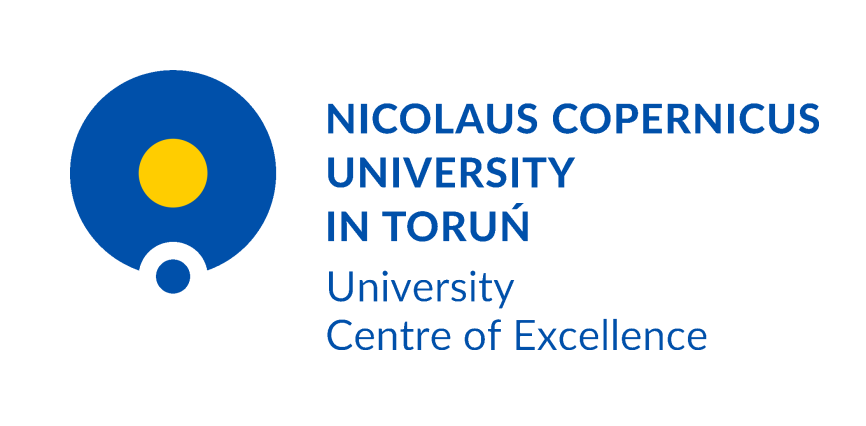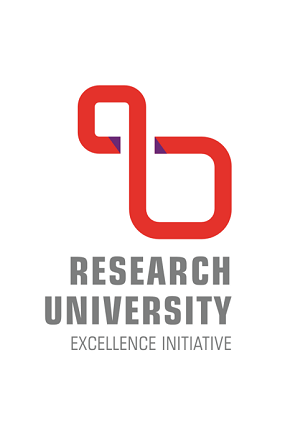The Cutting-edge humanities is a series of strictly practical seminars where top researchers share their success stories and actively guide others to reach similar accomplishments. Within the IMSErt center and collaborating groups we have enormous potential: our researchers are among the 2% most cited scholars, have published in Nature, have received top European grants, have overseen European grant programmes as vice-chairs, have launched international programmes of studies, have pioneered new statistical models in linguistics, or have successfully ported LLM-based techniques between fields. This is huge intellectual capital that has however largely remained fragmented and locked within individual research groups. Let us now unlock it – with the Cutting-edge humanities seminar we put these brains together and make them trade the practical knowledge and experience that got them best results.
This seminar focuses on skills and practical knowledge that are essential for building a high-quality research ecosystem and that tend to be universal across research topics. As high-gain research increasingly transcends individual disciplines, groups in diverse fields often use similar methods, tools and software solutions, or face similar challenges or recurring problems in their daily practice. Rather than working out a solution from scratch, we can talk to others who have been there – we can exchange our own solutions as well as those we picked up from stays at the top labs abroad.
This seminar will thus also help us map out key assets – equipment, expertise, and networks – available across IMSErt and beyond. Need advice from an ERC reviewer? Advice on making a world’s most-cited researcher join your lab? Access to a high-performance computing cluster or eyetracker? A non-academic partner? Insights on implementing AI tools? This platform will connect researchers to the right resources.
Finally, talking to each other will also lead us to identify major obstacles to good research. With this seminar series we aim at establishing an inventory of the largest issues and stumbling blocks, and holding targeted discussions on ways to overcome them. Where necessary, we will turn to external experts for advice, and we’ll assign working groups. This will lead us to develop sets of recommendations to implement at the level of our center, faculties, whole university, or even scientific policy of the state.


 ul. Fosa Staromiejska 3, 87-100 Toruń
ul. Fosa Staromiejska 3, 87-100 Toruń